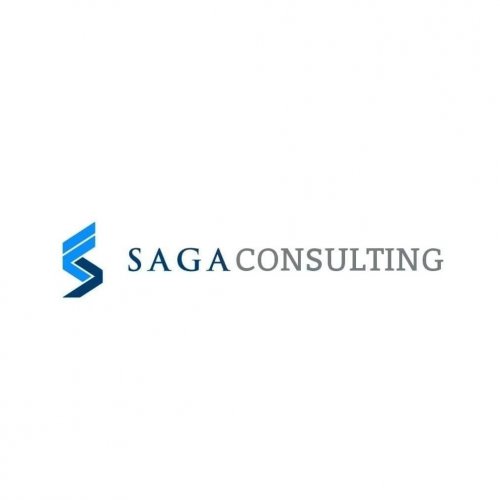Best White Collar Crime Lawyers in Tegucigalpa
Share your needs with us, get contacted by law firms.
Free. Takes 2 min.
List of the best lawyers in Tegucigalpa, Honduras
About White Collar Crime Law in Tegucigalpa, Honduras
White Collar Crime refers to offenses committed through deceit and aimed at financial gain. In Tegucigalpa, Honduras, this type of crime is often intertwined with corruption, bribery, fraud, and tactics associated with organized crime groups operating. As the country continues to modernize its legal structures, it is expanding stringent measures to fight against this criminal activity, making it even more important for individuals and businesses to fully understand these laws.
Why You May Need a Lawyer
If you are accused of a White Collar Crime, it's crucial to seek legal assistance. Complex financial transactions, incriminating electronic evidence, and complicated legal procedures associated with white-collar crimes necessitate the counsel of a trained professional. Furthermore, If your business is under investigation for violating anti-bribery, corruption, or fraud laws, a lawyer can assist you in navigating through these legal procedures. A lawyer can also provide guidance on risk management to prevent any potential legal issues.
Local Laws Overview
Honduran laws related to white-collar crimes are rigorous and extensive. There are elaborate laws against corruption, embezzlement, money laundering, bribery, and fraud. The Criminal Code and Anti-Money Laundering Law are particularly relevant in tackling white-collar offenses. The Criminal Code provides crime definitions and penalties whereas the Anti-Money Laundering Law sets stringent guidelines for financial transactions. If any irregularities are observed, they can lead to serious legal consequences.
Frequently Asked Questions
1. What is considered a White Collar Crime in Tegucigalpa?
Offenses such as corruption, bribery, embezzlement, fraud, and money laundering are considered white-collar crimes under Honduran Law.
2. What legal consequences can occur if convicted of a White Collar Crime?
The exact consequences vary depending on the severity of the crime. They can range from heavy fines, asset seizure, to long-term imprisonment.
3. Can I represent myself in a White Collar Crime case?
Given the complexities of these cases involving detailed knowledge of various laws and regulations, it's generally not advisable to self-represent.
4. Can a business be held accountable for White Collar Crimes?
Yes, businesses can and are frequently held accountable for such crimes. Companies sometimes face substantial penalties, including fines and sanctions, in case of legal violations.
5. Can a lawyer help in preventative measures against white-collar crimes?
Yes, attorneys can provide valuable insights on risk management strategies and trainings to businesses to prevent potential legal issues.
Additional Resources
The Public Ministry of Honduras and the Supreme Court of Justice offer resources and information related to white collar crimes. Internationally, resources like the U.S. Department of Justice’s guide on white collar crimes provide a broader context.
Next Steps
If you or your business needs legal assistance with a white-collar crime matter, getting in touch with a specialized lawyer should be the first step. Collect all relevant documents and evidence related to your case, maintain confidentiality and be prepared for extensive legal proceedings. Take preventative measures to avoid such situations in the future.
Lawzana helps you find the best lawyers and law firms in Tegucigalpa through a curated and pre-screened list of qualified legal professionals. Our platform offers rankings and detailed profiles of attorneys and law firms, allowing you to compare based on practice areas, including White Collar Crime, experience, and client feedback.
Each profile includes a description of the firm's areas of practice, client reviews, team members and partners, year of establishment, spoken languages, office locations, contact information, social media presence, and any published articles or resources. Most firms on our platform speak English and are experienced in both local and international legal matters.
Get a quote from top-rated law firms in Tegucigalpa, Honduras — quickly, securely, and without unnecessary hassle.
Disclaimer:
The information provided on this page is for general informational purposes only and does not constitute legal advice. While we strive to ensure the accuracy and relevance of the content, legal information may change over time, and interpretations of the law can vary. You should always consult with a qualified legal professional for advice specific to your situation.
We disclaim all liability for actions taken or not taken based on the content of this page. If you believe any information is incorrect or outdated, please contact us, and we will review and update it where appropriate.









